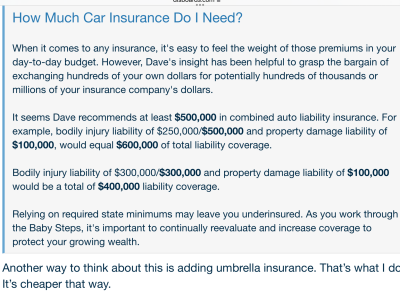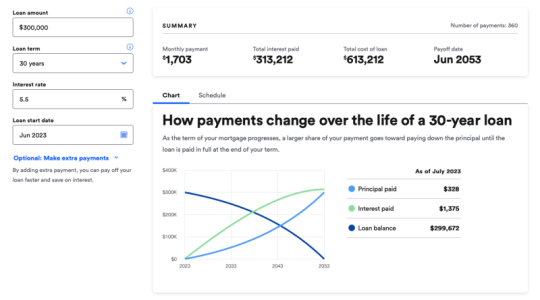ThereYouSeeHer
DIS Veteran
- Joined
- Apr 5, 2010
Budget time!
15 Practical Budgeting Tips
When laying out your budget each month, make sure to protect your "Four Walls" first!
February was only 28 days long, but March has 31 days. Plan to be extra intentional this month.
Your budget will show you the way!
15 Practical Budgeting Tips
When laying out your budget each month, make sure to protect your "Four Walls" first!
- Food
- Utilities
- Shelter
- Transportation
February was only 28 days long, but March has 31 days. Plan to be extra intentional this month.
Your budget will show you the way!


